My Media Journey: Travel Journalism and Marketing Nigeria as a Tourist Destination Became My Passion – Pelu Awofeso, CNN/MultiChoice African Journalists Awards Winner (Tourism)
Since winning the CNN-MultiChoice African Journalism of the Year Award in 2010 (in the tourism reporting category), Pelu Awofeso, the modern-day Naija’s Ajala-The-Traveller for all things tourism in Nigeria, has become the go-to Tourist Expert on travelling spots to chill, cities to explore, places to discover, and joints to experience the vastness of the palate-spectrum of Nigeria’s delicacies, fastfood, cuisines and more. A storyteller with a knack for details, he takes us on his journey as a travel journalist in Nigeria. Long before travelling became a digital content rave, Pelu has since set the trail blazing and not stopping.
In this Exclusive interview with us at LightRay Media for the Special Edition on Nigerian Men in Media #NMiM, Pelu Awofeso, the Editor at Travu Magazine, takes us on a journey of how he became the accidental Travel and Tourism Specialist and Guide in Nigeria.
Would you say you knew that the media and journalism was going to be your passion and career?
I won’t say I knew – it just happened. A more straightforward answer would be to say, I had stories (travel, culture, heritage, creative arts) I believed needed to be shared with the reading public, Nigerians and the international community, and writing was the only way at the time I could tell the story through. It was a time well before the internet, smartphones, and social media.
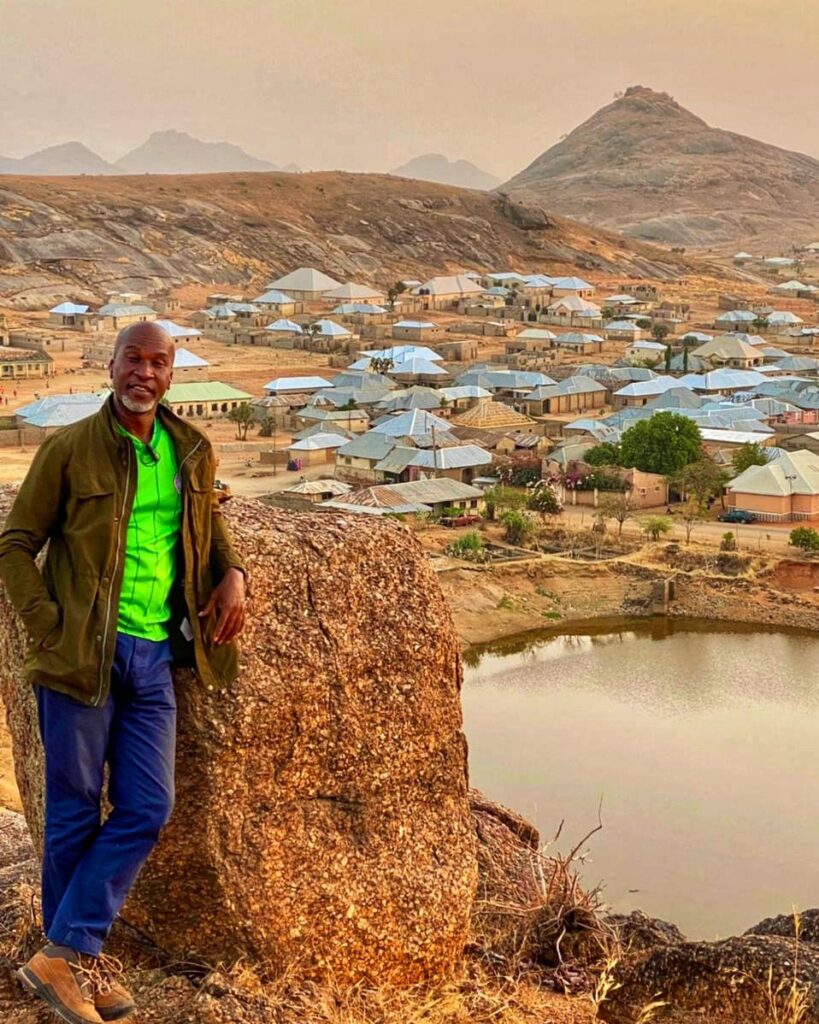
Pelu Awofeso, Editor, Travu magazine http://www.travu.ng: Hiking Dumi Hills, Bauchi state, Nigeria.
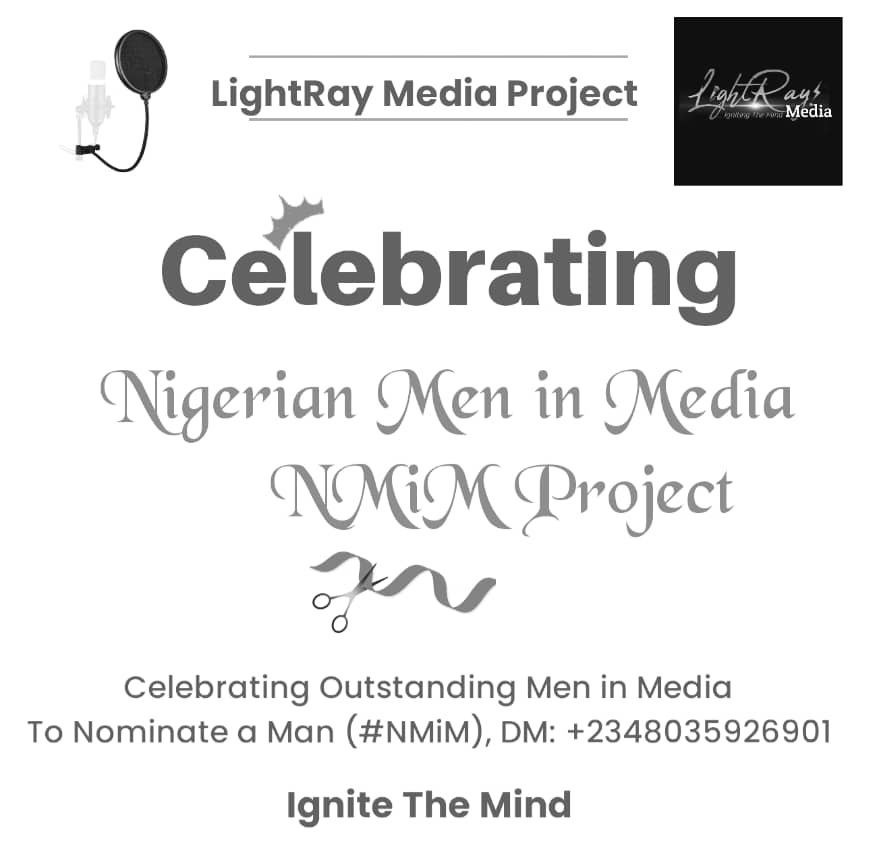
One of my earliest challeneges was not being able to convince newspaper and magazine editors to commission me to contribute travel-focused stories – I wrote many story pitches and letters of introduction that were never acknowledged or answered.
How did you pivot or even change the course of your career?
Again, I would say this happened organically. As I kept focusing on the stories, I realised that there were even more stories waiting to be told, all scattered in so many far-flung locations. So I kept going from one story to the next, from one place to the next one and it went on and on like that, until I simply got sucked into this unending ritual, so to speak.
Did you experience any struggles in the early stages of your career? How did you overcome them?
It was not being able to convince newspaper and magazine editors to commission me to contribute travel-focused stories – I wrote many story pitches and letters of introduction that were never acknowledged or answered. Eventually, I got an opportunity to write a weekly travel column for the state-owned Standard Newspaper in Jos as a freelance writer, and that pretty much set me on the path I have followed to date. Later on, as technology evolved and blogs became accessible to everybody, I stopped sending pitches to editors and instead wrote my own blogs.
Do you still have any current challenges you’re trying to overcome?
That would be getting grants and sponsorships to be able to do more of the documentary work that I see needs to be done for our society. Most of my projects – books, short films, documentaries, newsletters, and magazines – have been self-sponsored, and there is only so much one can do with limited resources.
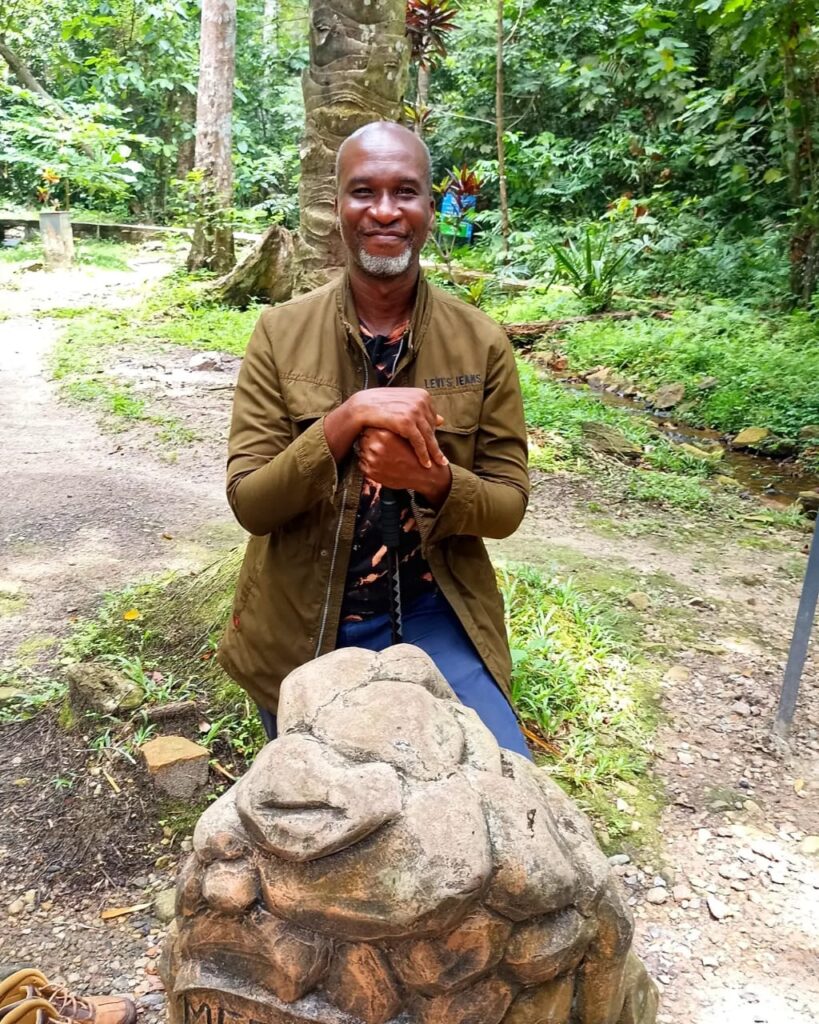
Pelu Awofeso: At the Ikogosi Resort, where cold and warm springs meet in Ekiti state. PC: Awofeso.
Any barriers you think have prevented you from hitting the career target you’ve set for yourself?
Aside from barriers resulting from my immediate environment (Nigeria), there has been no other.
What are some of your travel stories or projects you’ve done that was the most impacful in the course of your career?
I recall visiting the mausoleum of Dr Nnamdi Azikiwe some years ago and finding it overgrown with grass. I was angry in my spirit and took my displeasure to Facebook. My post went viral, and I heard it reached government house in Umuahia; soon afterwards, I learnt that contractors were mobilised to resume work at the site. I’m happy that the place is now a befitting monument to Nigeria’s first indigenous president.
That’s quite an impact. So, what career projection are you setting up for yourself you intend to meet up?
Publishing a series of city guides to some Nigerian cities I have had the pleasure to visiting and re-visiting over the years. They will be my gifts to future travellers in these places.
What training programmes or short courses have you attended, which you applied on the job that made the most impact for you?
Quite a number of them, but i’ll mention a few: mobile journalism, online publishing, copywriting, history of art, storytelling for social change, media entrepreneurship, and travel writing.
What suggestions will you give media owners or heads of media businesses to help boost morale, effectiveness, and reduce toxicity in the workplace?
The answer to that is simple: they only need to provide better conditions at the workspace (newsroom), and pay living wages.
If you were to reimagine your career, what would you do differently, starting today?
I would leave journalism after about five years of practice, go get Masters and a PhD, and pivot to academia.
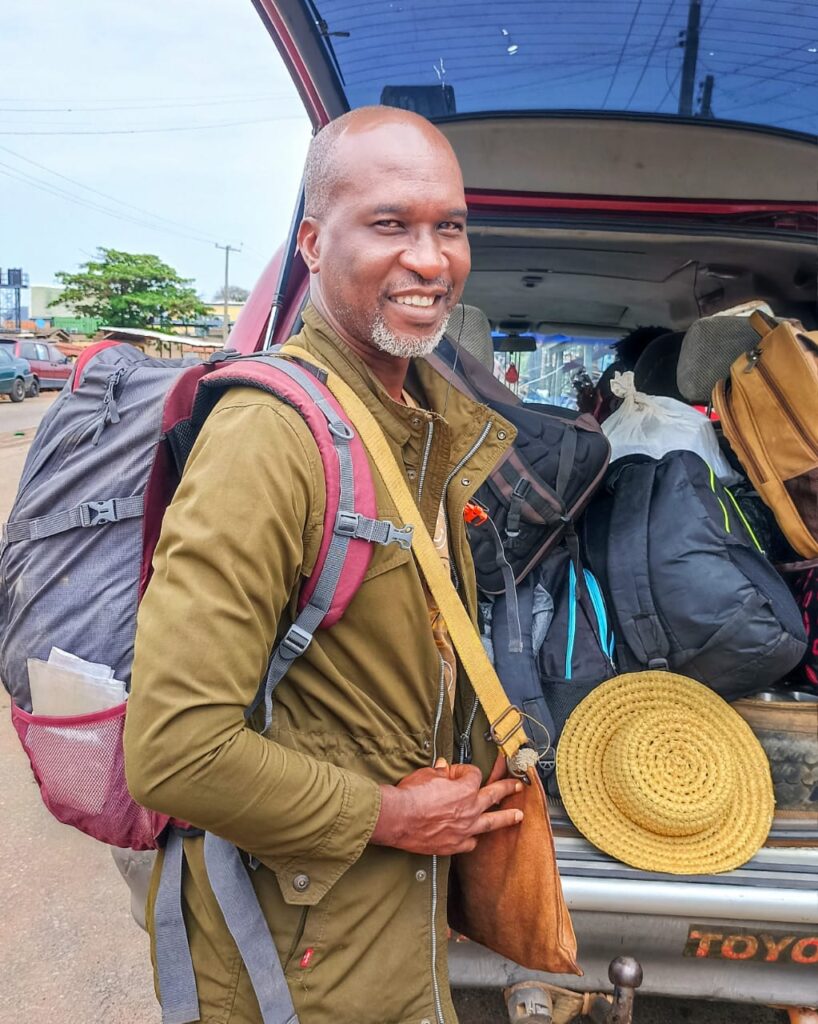
Pelu Awofeso: At Okene in Kogi State, about to take a vehicle to Ado Ekiti at the tail end of a 45-day journey around Nigeria. PC: Awofeso.
I’ve been disappointed by the media landscape in Nigeria for a while. There is no distinction of any kind, whether in their content or the sources of it; and there is not much effort at investigative and developmental journalism. There is also no sign that they’re making any effort at adapting to the new realities being shaped by advances in technology, the changing population demography, and the news consumption habits of their perceived audience. They appear to still be stuck in the old ways, and relishing it.
How would you describe the media landscape and the disruptions that will affect the role of Women and men in the media industry?
I’ve been disappointed by the media landscape in Nigeria for a while. There is no distinction of any kind, whether in their content or the sources of it; and there is not much effort at investigative and developmental journalism. There is also no sign that they’re making any effort at adapting to the new realities being shaped by advances in technology, the changing population demography, and the news consumption habits of their perceived audience. They appear to still be stuck in the old ways, and relishing it. Regardless of whatever disruptions take place, men and women in journalism who have taken their time to retool, relearn and unlearn will always be in the game.
How and what can women in media begin to do differently and better to hold their own space within the media industry?
I’m not sure I have the right answer to this question. I don’t see gender in the field or newsroom; we’ve all gotten the same training and equally equipped for the job,so I don’t think women face any issues they can’t succumb with professionalism. And we are all “gentlemen of the press”, remember? (We both laughed out loud while I added: only because men were the first ‘leggers-in’ into the profession. And now, because it is no longer an all-men comers affair, the body is referred to as The Press of Members of the Press. And all are greeted as ladies and gentlemen of the press). Pelu simply gave me an eye-rolling-enabled-grin in response.☺️????
What is the one accomplishment or projects you didn’t expect, but was proudest of?
In 2010, it was winning the CNN/Multichoice African Journalists Awards in tourism reporting – that was a big deal. It marked me apart from the crowd. Years later, it was winning awards for my tour guiding and tourism promotion efforts in Nigeria. In-between these, it’s been publishing five well received travel books.
What tips in personal development, career pursuit, network strategies, and wealth creation would you advise other women in media, including men, to tap into?
Networking matters – there is truth to the saying that no-one is an island. Read more than you write, attend as many industry event as you can and never depend on a single income.
How do you balance your personal life, work, and family expectations?
Like everyone else, I try to make time for work, career and leisure. They are all equally demanding, but one has learned to cope and survive while at it.
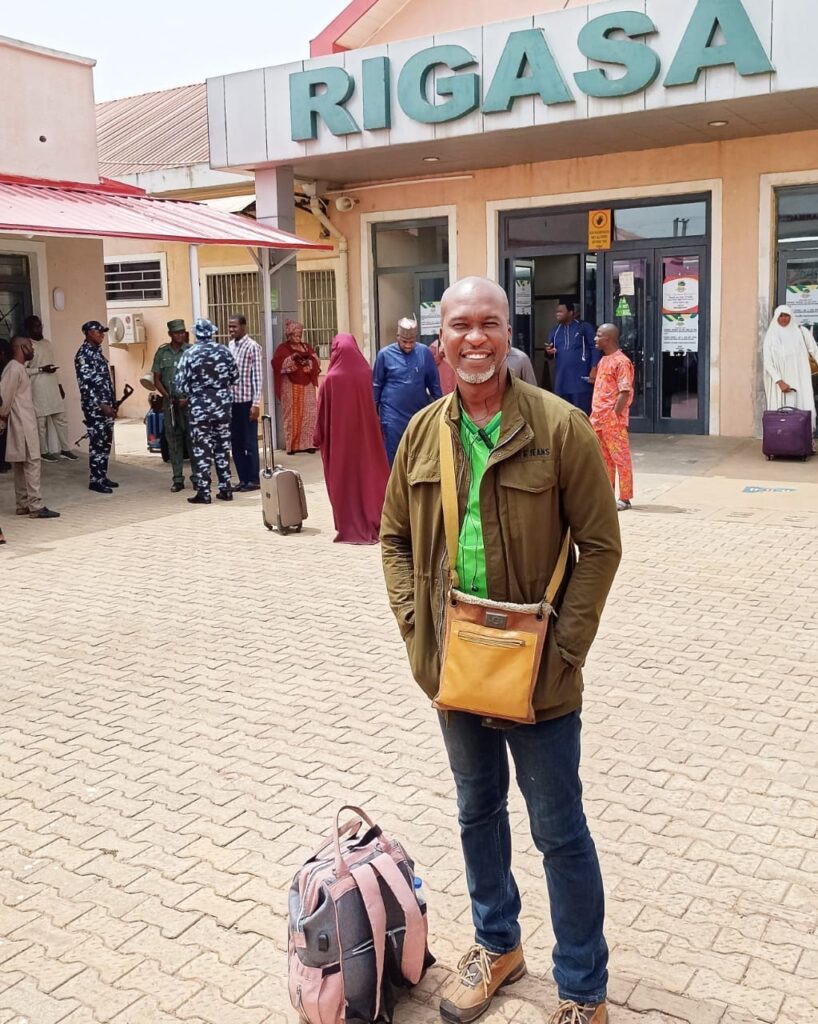
Pelu Awofeso: At the Rigasa train station (Kaduna) on the Abuja – Kaduna railway. PC: Awofeso.

To up-and-coming Journos: Journalism won’t make you rich, but will open doors you couldn’t even dream of in other professions.
Tell us something about the media industry you would like to see change for the better?
In Nigeria, I would love to see the media return to the professionalism of the recent past, when the stories were all that mattered – and earn the respect it deserves from the public. In addition to this, I would love to see the local media innovate their newsrooms and storytelling. Tech is changing the game faster than they can catch up, but they are not making an effort to keep abreast of developments. I shudder when I see today’s cover pages – they feel like specimens from the 1990s.
(His comment got us rolling with laughter). So, in the next 3-5 years, where do you see yourself?
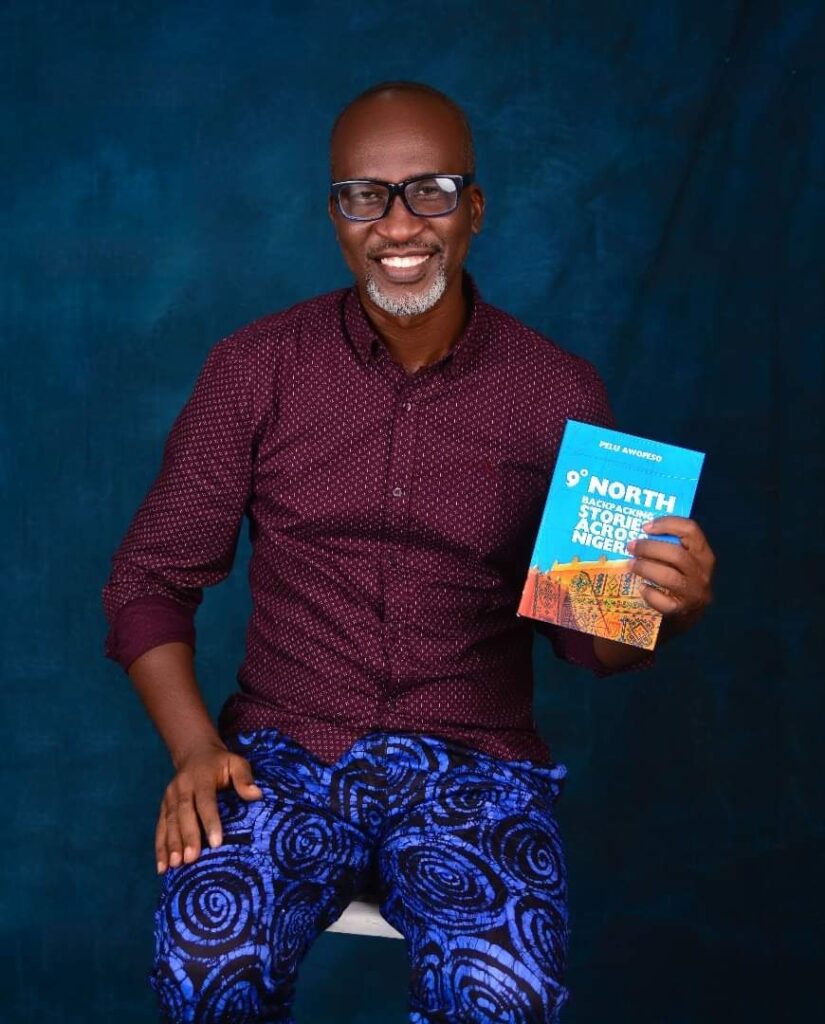
Pelu Awofeso, a proud serial author on all things travelling and tourism in Nigeria, flashes a smile promoting his well received book, 9 Degress North – Backpacking Stories Across Nigeria. PC: Awofeso.
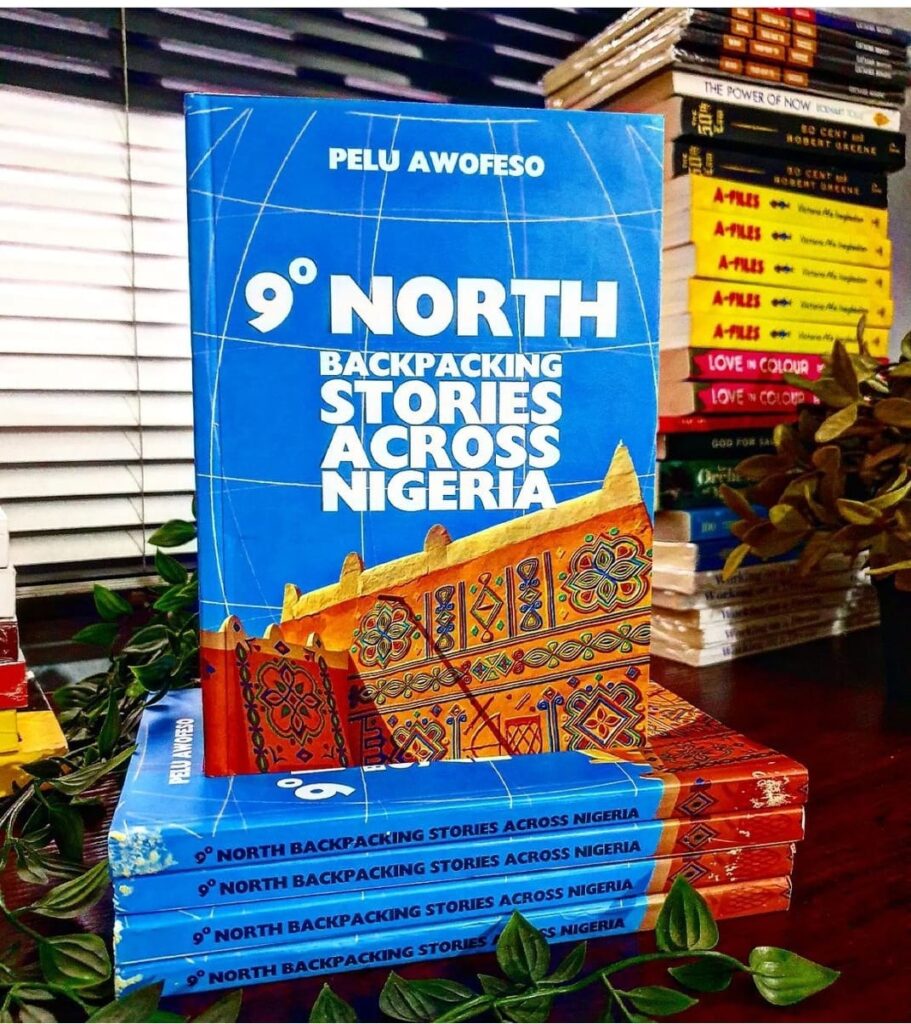
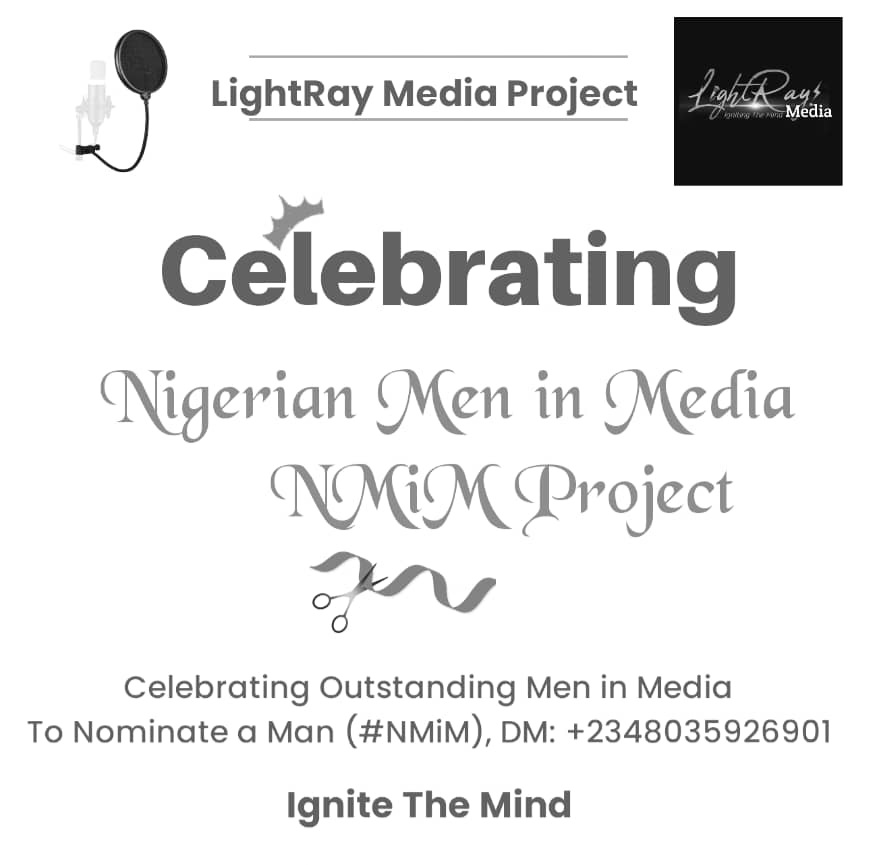
Most of my projects – books, short films, documentaries, newsletters, and magazines – have been self-sponsored, and there is only so much one can do with limited resources.
I will still be travelling and writing about travel, culture and the arts. I imagine doing this alongside an MFA programme at some point.
Say you’re about to mentor some campus journos on the economic pathway and the ropes to succeed within the media and tourism space, What would you advise or say to them?
I’ll tell them what experienced journos have often repeated: journalism won’t make you rich, but will open doors you couldn’t even dream of in other professions. It is those open doors they need to manage responsibly and build a legitimate economic pathway for themselves.
And this could come in the way of branching into the corporate world, or other jobs with better remuneration, including advertising and PR.
If they stick with journalism for longer periods, then they must aspire to be specialists in their beat. Specialisation does not only command influence but also several other benefits, including giving talks and presentation at seminars, workshops and conferences — some if these engagements are pay decent honorarium.
Finally, I’ll tell them to collect their most authentic/ impactful reporting into a series of books, which can sell into the future and earn them continuous income. My story is a good example: books I published 10-15 years ago are still selling today. It’s called passive income.
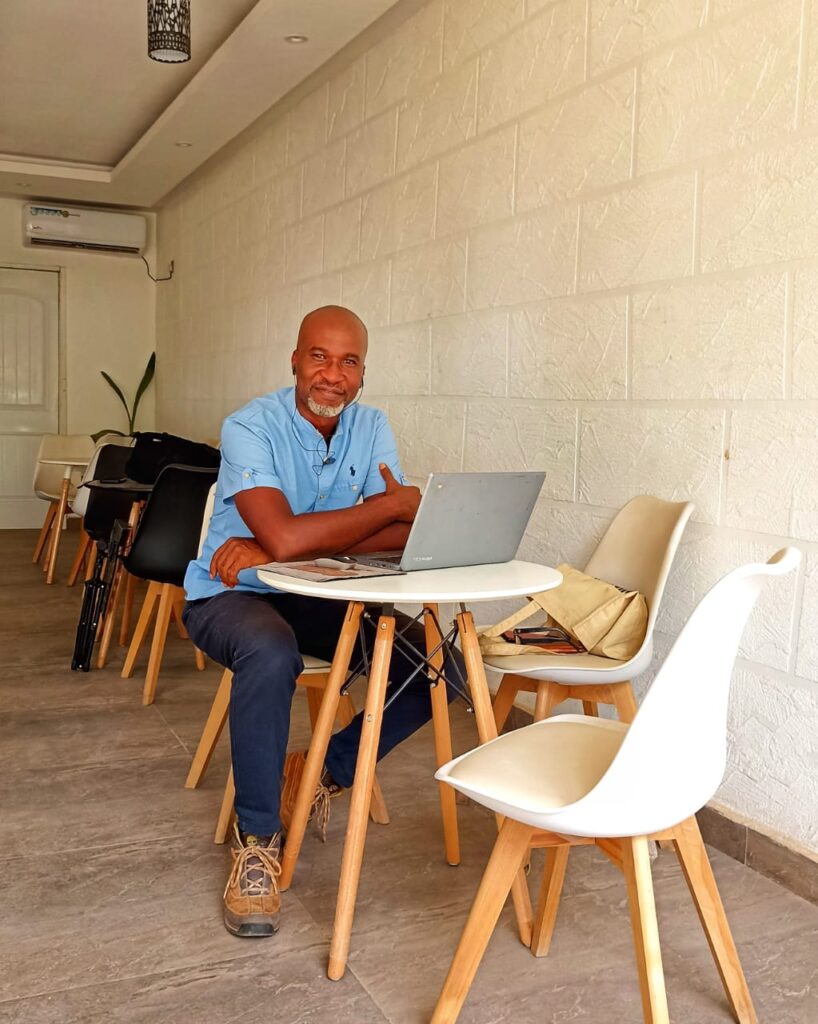
Pelu awofeso: Sitting inside a Farm-Complex in Abuja that runs a restaurant + event space attached to the farm, which he converted to a workspace. PC: Awofeso while he was there.
What are your current role and responsibilities you handle.
I’m juggling multiple things at the moment. I edit an online travel publication (travu.ng). I also manage a youtube channel (wakaaboutTV). Plus, I’m in the middle of producing a documentary of Bishop Samuel Ajayi Crowther (1809-1891) while also working on a new travel book project. That’s not to mention curating tours for my tour business (Travel Next Door).
Tell us how you unwind.
One thing that helps me with that is watching a movie on the big screen (cinema, that is). It has a very calming effect on my senses. And travelling also does the same thing; I am really pumped up when I go on my road trips.
Written by ERU.






Comments